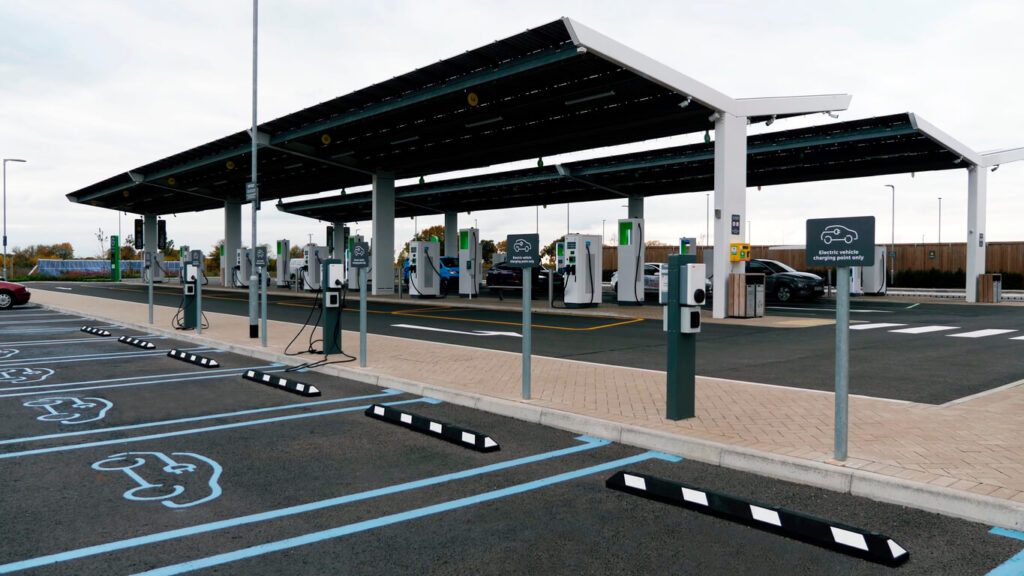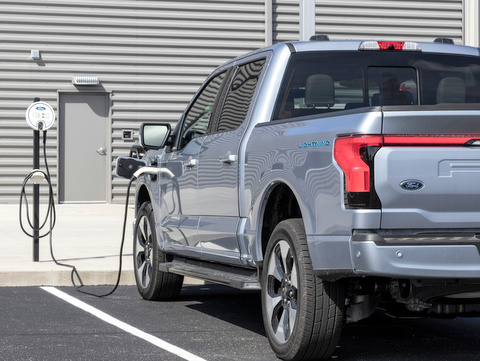Consumers Think Renewable Energy Inadequate for EV Charging
Are They Right? Where Will We Be in 2030?
Electric vehicles (EVs) are finally coming of age. Zero-emissions cars now populate the roads where they were once rare, and new models emerge regularly, but this growth calls the charging infrastructure into question. As EVs push the nation’s energy demands higher, will sustainable electricity sources be able to keep pace?

What Consumers Think of EV Charging Demands
A recent survey shows consumers are doubtful. Of the 1,113 respondents, more than 42% said there is not enough time for renewable energy to expand to meet EV charging needs by 2030, regardless of the percentage increase required.
Another 22.6% of respondents said the nation will need four times its current capacity to support EV charging in 2030. Just over 11% said it would need to triple and 9.1% said it would have to double.
These concerns are not unfounded. Renewable energy currently accounts for just 17% of electricity sources in the U.S., and electricity demands are rising quickly. That certainly poses a challenge for recharging EVs with clean energy, but these predictions are from consumers, not industry experts.
What Do Experts Say?

A 2022 McKinsey study estimated 2030 EV charging demands would equal roughly 230 billion kilowatt-hours—about 5% of current total electricity demands. Today’s renewable infrastructure already generates that much electricity. It would still have to increase to meet rising overall demand, but that expansion would not need to be as high as consumers expect.
The Energy Information Administration says solar alone will account for almost half of new energy capacity additions over the next few years. At that growth rate, it should not be an issue for renewables to expand enough to meet EV charging demands by 2030.
The Future of Alternative Energy and EV Charging
It is also worth noting EVs will become increasingly efficient between now and then. Improvements in lithium-ion battery production provide maximum battery uptime as new technologies extend their range and charging times. As a result, as 2030 draws closer, individual EVs’ charging needs will drop.
Making alternative energy grids more reliable may pose a more significant challenge than capacity alone. Renewables do not provide consistent power generation, so grids must adopt some way to store excess energy efficiently, which can be expensive. However, renewables are the cheapest form of power generation today, which helps make up for those upfront expenses.
The EV Transition Is Challenging But Possible
Creating a large and reliable-enough renewable grid to sustain EV charging demand will not be easy. However, it is more viable than many consumers believe. Energy companies, automakers and government agencies must emphasize educating the public about these realities to fight misinformation and enable a smoother transition.

1 thought on “Consumers Think Renewable Energy Inadequate for EV Charging”